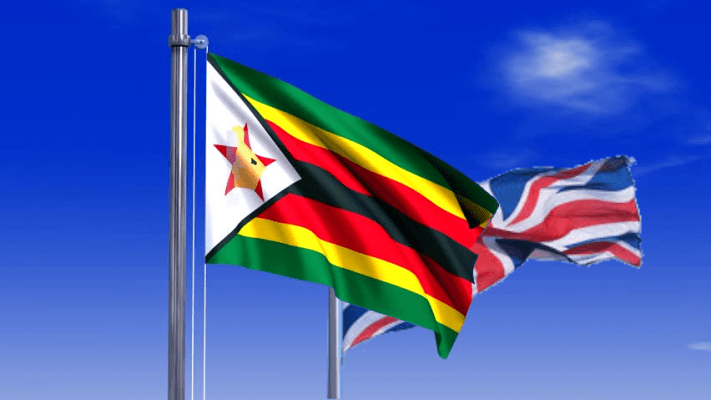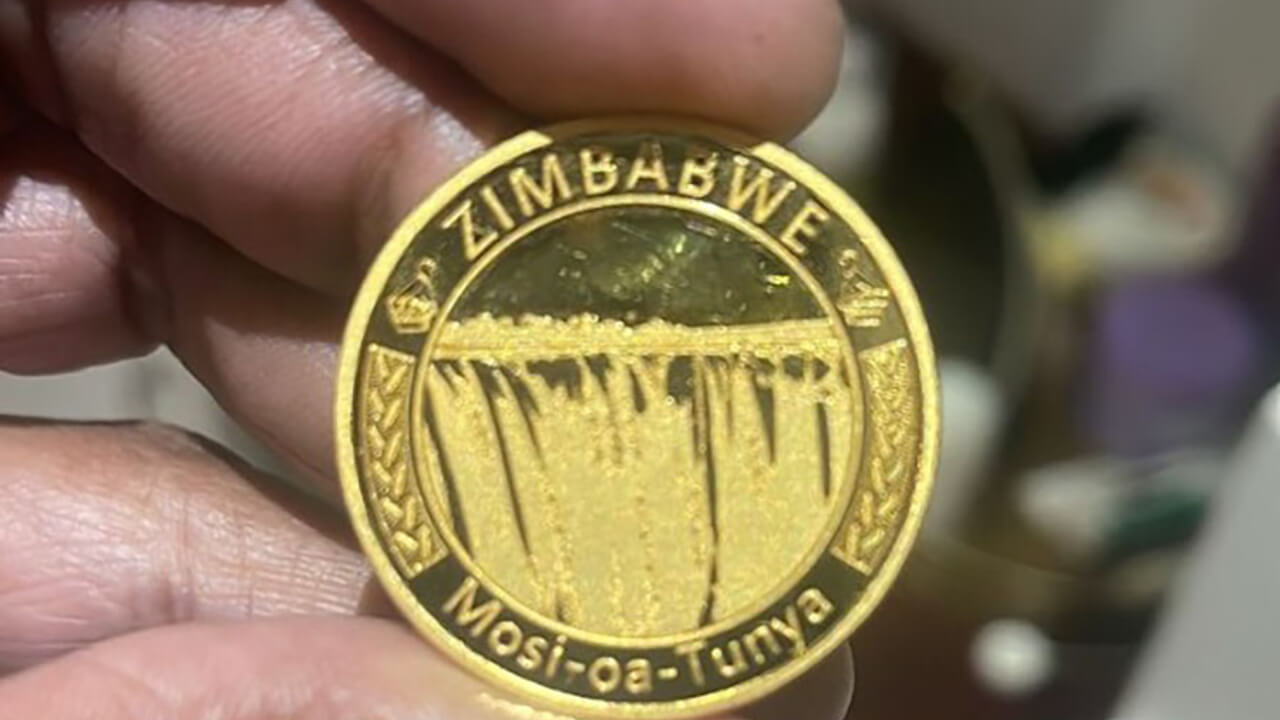Zim won’t change course over SDRs
Zimbabwe will not deviate from its reform agenda after receiving US$1 billion equivalent of special drawing rights (SDRs) from the International Monetary Fund (IMF), Reserve Bank of Zimbabwe (RBZ) governor Dr John Mangudya has said.
Dr Mangudya said in an interview that while Zimbabwe already had US$1,7 billion in foreign currency deposits sitting with banks, the US$961 million windfall, its share of the US$650 billion SDRs allocated to members, would shore up domestic reserves.
This comes as the RBZ’s weekly auction, credited with ushering relative macro economic and exchange rate stability since inception on June 22, 2020, has been blighted by a backlog now estimated at around US$200 million.
Secretary for Finance and Economic Development George Guvamatanga just over a fortnight ago pledged authorities will work flat out to clear the forex backlog, blamed by some industry executives for fuelling the run in the parallel rate.
The central bank chief said the SDRs had already been deposited in Zimbabwe’s nostro with the Bretton Woods institution and the country would exchange the SDRs, an accounting unit of the IMF, for its desired foreign currency to use them.
A joint statement by Dr Mangudya and Finance and Economic Development Minister Mthuli Ncube earlier this week said the SDRs would be deployed carefully to key areas including social sectors, vulnerable groups, mining, infrastructure, industry and tourism.
Dr Mangudya said while the disbursement from the IMF represented a significant inflow of much needed, but elusive hard currency liquidity, Zimbabwe would continue on a conservative fiscal and monetary policy trajectory.
The RBZ Governor contends the financial injection from the IMF will boost market confidence and foster even stronger macro-economic and exchange rate stability, which appeared in recent weeks to be sliding freely.
Confederation of Zimbabwe Industries (CZI) president Sekai Kuvarika said this week the widening gap between the parallel and official rate was an undesirable scenario that could “cause dislocation that could render the (Zimbabwe dollar) unusable”.
She also said the situation would foment arbitrage, corruption and rent seeking behaviour would become more and more sophisticated”, adding the “resultant tax on exporters would hurt the growth of our exports that we had begun to witness”.
Similarly, she said distortions will hurt the viability and competitiveness of local manufacturers”, who despite the long shadow of the Covid-19 pandemic, had seen growth in volumes for the most part of 2021.
“These SDRs will not substitute our policies, rather, they will complement the policies. “The SDRs will provide confidence to the market and boost our programmes of managing the economy well rather than substitute our policies,” Dr Mangudya said.
Zimbabwe has pursued a conservative monetary and fiscal policy regime since the Government of President Mnangagwa took over the reins from former President Robert Mugabe, who saw a precipitous fall of the economy in his last two decades in power.
The incumbent administration has presided over a series of reforms across sectors, including re-panelling doing business conditions, reorienting foreign policies to reestablish relations with the west, global lenders and to attract muted foreign investment.
A tight fiscal regime resulted in Zimbabwe discontinuing its practice of resorting to the central bank overdraft window to cover over expenditure, which drove money supply and inflation, sparking economic volatility.
But conservative fiscal policy has resulted in budget surpluses while an equally stringent monetary policy has resulted in restrained money supply growth, helping to keep distortionary parallel market rate in check, although the margin with official rates has widened significantly in recent weeks.
Captains of industry last week suggested, during a panel discussion following Dr Mangudya’s mid-term monetary policy, that shortages of foreign currency on the highly commended auction, were driving prospective borrowers to the open market, fuelling the parallel rate.
But the central bank chief, however, argued that registered businesses had supplier credit arrangements, meaning they would await disbursement from the auction, even if delayed, that resort to expensive forex from the black market.
The RBZ’s weekly auction has disbursed a staggering US$1,7 billion since it was established and authorities say the platform accounts for nearly 90 percent of the forex requirements of registered businesses in Zimbabwe.
Zimbabwe expects to register growth of 7,8 percent this year, following two years of consecutive decline, after a good rainy season, massive public construction projects across the country and commodity price boom.
Analysts said the SDR funds should be channelled towards key productive sectors and stabilisation of the foreign exchange auction, economists have said.
Economist, Professor Gift Mugano said the money should help revamp key engines for anchoring economic growth like the Industrial Development Corporation (IDC), with a view to enhancing value addition and beneficiation.
“There is a need to invest in the retooling of industries and new machinery, which will help in the value addition of natural produce , which requires some kind of capital. In my view the facility can assist that way because it is a missing link,” he said.-chronicleco.zw











